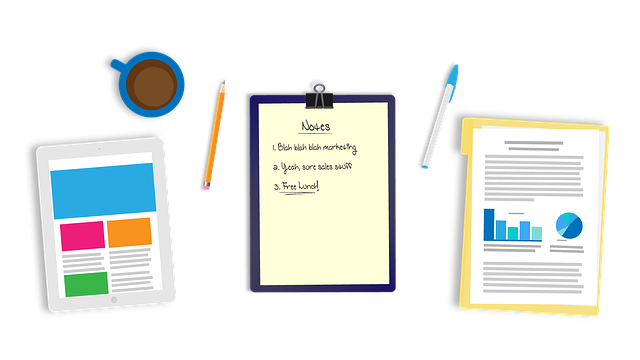AI tokenization risk analysis engines are transforming mobile home management by converting resident behaviors into structured data ("tokens") for advanced prediction and pattern recognition. This technology optimizes resource allocation, facilitates proactive maintenance, enhances security through anomaly detection, ensures resident privacy, and aligns with ethical guidelines. By leveraging machine learning from sensor data and devices, these tools create detailed profiles of daily routines, predict risks, and enable managers to provide personalized services, improve satisfaction, and enhance overall living experiences in mobile home communities.
“The future of mobile home community management is here, driven by the transformative power of AI and tokenization. This article explores how these technologies, particularly AI tokenization and risk analysis engines, are revolutionizing resident behavior understanding. Through advanced data insights, communities can anticipate needs, foster a safer environment, and create more engaging spaces. By leveraging AI tokenization for risk analysis, managers gain predictive tools to enhance the overall well-being and satisfaction of their residents.”
- Understanding AI Tokenization and Its Role in Behavior Analysis
- Risk Analysis Engines: Unlocking Insights into Resident Patterns
- Enhancing Mobile Home Community Management with Data-Driven Strategies
Understanding AI Tokenization and Its Role in Behavior Analysis

AI Tokenization, a process that breaks down and categorizes resident behaviors into distinct tokens or patterns, plays a pivotal role in behavior analysis within mobile homes. These intelligent “tokens” serve as data points that enable AI risk analysis engines to learn and predict patterns of occupancy, activity levels, and potential issues like vacant units or maintenance needs. By processing vast amounts of data from various sensors and devices, AI tokenization turns raw information into structured insights, enhancing the accuracy and efficiency of mobile home management.
The benefits of this approach are multifaceted: it improves resource allocation by identifying peak usage times, aids in proactive maintenance scheduling through anomaly detection, and contributes to enhanced security by flagging unusual activities. Moreover, AI tokenization helps manage resident privacy concerns by anonymizing data and ensuring secure handling, aligning with ethical guidelines while leveraging the power of advanced analytics in the context of mobile home communities.
Risk Analysis Engines: Unlocking Insights into Resident Patterns

AI tokenization and risk analysis engines play a pivotal role in uncovering valuable insights into resident behavior patterns within mobile homes. By employing advanced machine learning techniques, these engines can sift through vast amounts of data generated by various sensors and devices installed in these living spaces. This data includes usage patterns, movement tracks, and environmental factors, all of which contribute to building a comprehensive profile of each resident’s daily routines and preferences.
The power of AI tokenization lies in its ability to categorize and analyze this diverse data seamlessly. It identifies recurring behaviors, distinguishes between individual routines, and even predicts potential risks or unusual activities. For instance, the engine can recognize if a resident’s usual morning routine deviates from the norm, indicating a possible health issue or an unexpected event. This proactive approach enables mobile home communities to provide timely assistance and enhance resident safety.
Enhancing Mobile Home Community Management with Data-Driven Strategies

In today’s digital era, enhancing mobile home community management with data-driven strategies has become both feasible and essential. By leveraging AI tokenization risk analysis engines, community managers can gain unprecedented insights into resident behavior patterns. This enables them to anticipate needs, address issues proactively, and foster a more engaging living environment. Through the analysis of large datasets collected from various sources—such as smart home devices, mobile apps, and online interactions—AI algorithms can identify trends, predict preferences, and uncover hidden correlations within the community.
This data-driven approach allows for tailored services and amenities, personalized communications, and improved overall satisfaction among residents. For instance, AI risk analysis engines can help identify potential safety hazards, track maintenance needs, or even anticipate social events based on resident interactions. By transforming raw data into actionable insights, mobile home communities can revolutionize their management strategies, ensuring a safer, more comfortable, and connected living experience for all residents.
AI tokenization and risk analysis engines are transforming mobile home community management by providing valuable insights into resident behavior. By leveraging these powerful tools, managers can implement data-driven strategies that enhance the overall living experience for residents. AI tokenization allows for precise tracking and analysis of resident interactions, while risk analysis engines identify patterns and potential issues early on. Ultimately, this technology enables more efficient community management, fostering a safer and more engaging environment for all.
